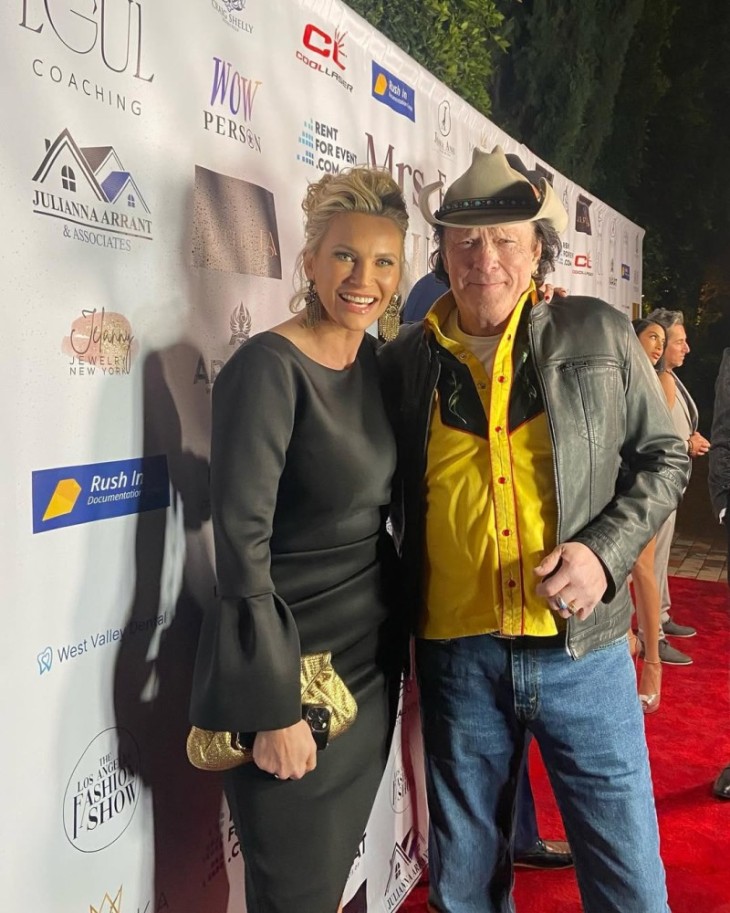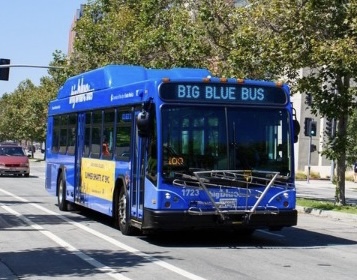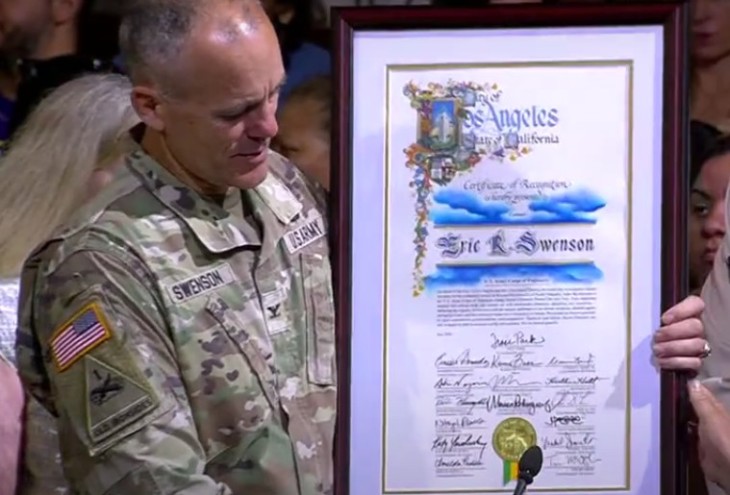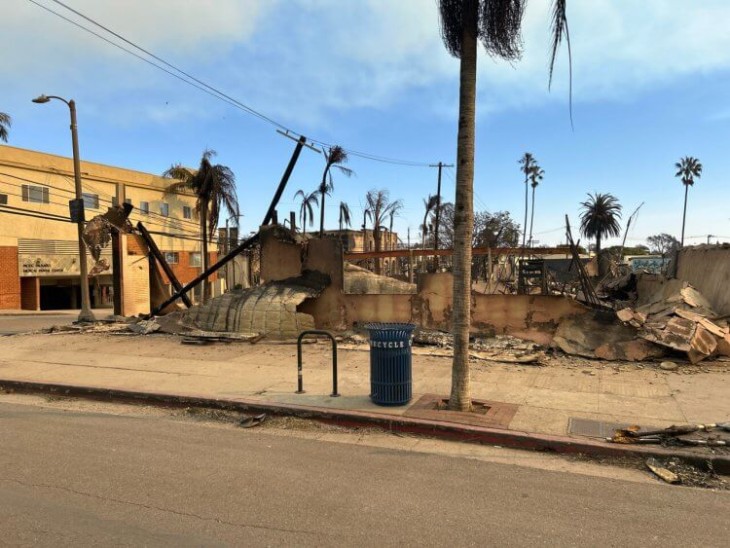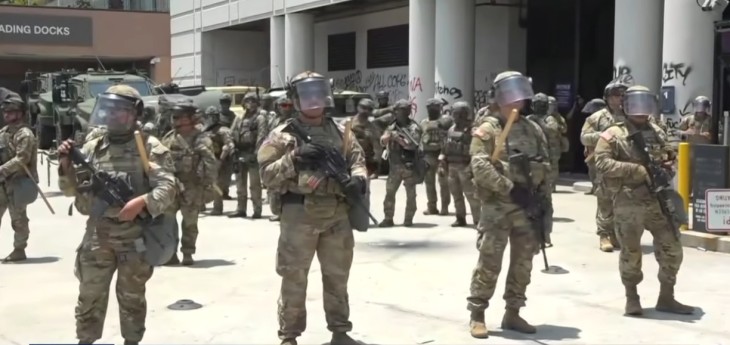Change might be in store in how public speakers allocate time at council meetings and the process to select appointments for boards and commissions as the Santa Monica City Council plans to deliberate a variety of procedures at its retreat this weekend.
The Saturday morning meeting at 9:30 am at City Hall features four agenda items, including the evaluation of City Manager Rod Gould, changes to boards and commission processes, public speaker time, and agenda management practices.
Gould’s evaluation will be conducted during closed session.
In open session, the council will determine whether or not to limit public speakers to speak on his or her own behalf instead of being allowed to “donate” time to another speaker.
At council meetings, a speaker may address the dais during public testimony for up to two minutes per agenda item and no more than six minutes total – unless permitted for more time by the council.
For example, during the public testimony of one agenda item in August, Speaker A could have agreed to give his or her two-minute time to Speaker B. Accordingly, Speaker B could speak for as much as four minutes.
City staff recommends the council no longer allow such a practice to continue.
“Donation of time is not generally common [at other cities], and when it is permitted, it is permitted at the Mayor’s discretion,” City staff stated.
Cities such as Beverly Hills, Pasadena, and West Hollywood do not permit speakers to donate time to another at their respective council meetings. However, speakers are permitted to donate time to another in cities such as Berkeley and Culver City.
“Allowing each person the same amount of time to speak gives equal voice and access to everyone, regardless of their membership in neighborhood groups, standing in the community, scope of relationships, allegiances, or alliances,” City staff stated. “It may be fairer to provide everyone with the same level of access and voice, regardless of who they are. This would mitigate the concern that there might otherwise be an imbalance of power or influence.”
Council members will also review potential revisions to the current application, recruitment, screening and recommendation process for new board and commission members.
Also under consideration: frequency of boards and commissions meetings and “strategies to reduce duplication and strengthen roles and responsibilities.”
Finally, the council will weigh in on agenda management practices and rules of order and procedure.
Specifically, council members will deliberate and vote on calendaring agenda items for future meetings, the process for pulling items off the agenda, and altering the procedure for continuing meetings beyond 11 pm, among other procedural matters.




